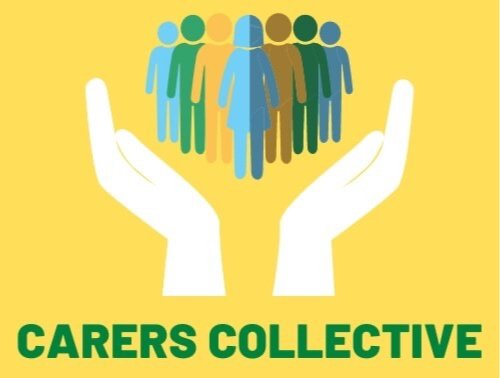Talking with Sarah, a parent-carer, for International Women’s Day
Sarah is a business owner, wife, mum and full time carer.
I spoke with her to find out how life is for her.
For the last 20-plus years, I have worked with children and adults with complex disability, helping them and everyone that supports them to understand the use of postural care - which is night-time positioning. I am a mum to 4 children, a wife and carer to my 20-year-old daughter.
Tell me 5 things about you:
I eat liquorice every day
I go to the gym most days
I have 4 children. 2 will hopefully leave home this year
I am learning to knit!
Does everyone at work know you are a carer?
I run my own business and yes, my team know. It can be tricky because I am a part of a management team of three. My colleagues know I am a carer as I often leave them in the lurch and they have to pick up things for me.
How do you get support being a full-time business woman and a carer?
I get a lot from the management team. For instance, there is a lot going on at home at the moment. My daughter is 20 so we are dealing with health stuff for her and thinking about the next stage of her life - how she will transition to live Independently - it’s a full time job in itself.
My colleagues have said for me to do what I can. There is no pressure on me to be there 9-5. They trust I will do the bits I can do.
What impact has the pandemic had on you?
It has been a bloody nightmare. My daughter has a learning disability as well as health needs. Supporting her to understand what’s been going on, explaining that you can’t see the virus, that we have to wear masks, how we cannot see grandparents was relentless and tough. There was a period when she would not go outside, not even in the garden. She thought she would get the virus.
The support she got stopped as the place she went to closed for a bit so she was here with me. I had to manage work, her and home schooling the others.
The second time round I had to take three months out of work. The day we sat down to home school, my 9 year old burst into tears. She had bad memories of me trying to work and home school her the first time and was so traumatised. It was either home school or work and home schooling won.
Tell me about flexible working?
Yes, you got the idea. I am really lucky because I was self-employed before I became a carer. I become my own boss in 2004, so it helped. If I were a carer before that, it would have been much harder. The level of flexibility that I need in my life, I don’t think anyone would employ me.
No two days, weeks or seasons are the same as a carer. When I think about the skills carers have - multitasking, being able to switch focus, prioritization, all of that stuff! I mean, the business has been successful even with the level of flexibility I need. I think by employing carers you get brilliant people, but have to understand that they need to work when they can work.
How could an employer offer more support?
They need to recognize when someone is struggling to hold it all together. Open and honest relationships really help, in my team no one is afraid of asking if I am alright.
What’s the biggest challenges you face?
It’s feeling as thought I don’t do either job as well as I could. There is always something more I could be doing to support my daughter. I find it challenging at work to let go of some stuff and ask someone else to do it. Its only me who does the carer stuff, so the work has to be picked up by someone else - I do appreciate I am lucky.
What support do you get?
I live in a small village and family are known so no matter what time of day I know they will help me out. I have a fantastic husband, 4 kids and they all understand that I work - that’s a huge support. They know it’s important to me, it’s part of me.
And the knitting! I took it up before Christmas and everyone got scarfs, and am now about 6 months in. Now I am halfway through my first sock. Not quite a pair yet!

